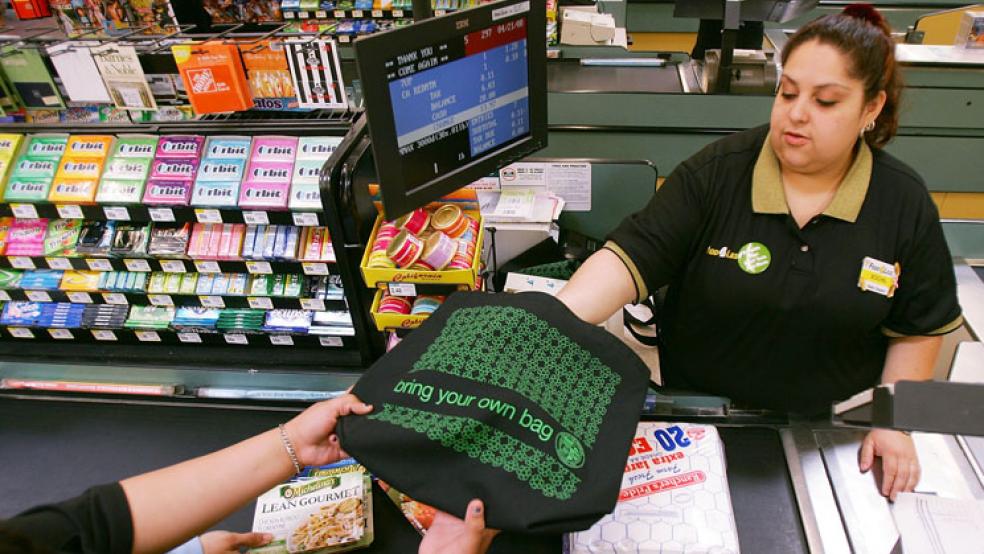Researchers say there’s an inexpensive way to eat more healthfully and even lose weight: plan your meals and shop with a list.
The study, recently published in Nutrition and Diabetes, looked at whether pre-commitment strategies such as shopping according to a grocery list were likely to be cost-effective in facilitating healthier diets, weight loss, and ultimately better health among overweight and obese individuals.
RELATED: WHY SLEEP-DEPRIVED BRAINS FALL FOR JUNK FOOD
Researchers looked at strategies for weight loss from a relatively new discipline, behavioral economics.
Lead researcher Nicole Au says behavioral economic strategies essentially exploit people’s behavioral tendencies and habits to nudge them towards decisions which are healthier and more in line with their long-term goals.
“Recent research suggests that novel strategies drawn from behavioral economics may prove to be much more effective than mainstream approaches (such as information provision) to assist individuals in making healthier lifestyle choices,” says Au, of Monash University’s Centre for Health Economics.
“And the good thing is some of these behavioral economic strategies can often be carried out at very low costs. Encouraging these strategies in the community could also be a cost-effective policy option for governments.”
Au says a predetermined grocery list committed shoppers to buy only the foods that were on that list thereby helping them avoid the temptations of unhealthy food purchases.
“When individuals worked with detailed meal plans and a grocery list to make the meals it could have a meaningful impact on weight loss and long-term health among overweight and obese individuals,” says Au.
RELATED: COMEBACK OF THE YEAR: 'TWINKIES' HITS SHELVES AGAIN
“We found because the planning of meals and writing of the shopping list could be carried out relatively cheaply, it was a cost-effective weight-loss tool when compared to the alternative of ‘doing nothing.’”
The findings were encouraging because they suggest that something as simple as shopping to a predetermined grocery list is a cost-effective means for reducing obesity and improving quality of life.
“Of course, diet is just one side of the energy equation. I think there is great potential for behavioral economic strategies to improve physical activity as well as diet, and future work is needed to investigate whether such strategies are cost-effective,” says Au.
“Many consumers know all too well that overeating and under-exercising will lead to weight gain and increased risk of chronic illness. However, in many cases impulsiveness or poor self-control leads people to behave in a manner that departs from their good intentions.”
This article originally appeared in Futurity.org. Source: Monash University.


